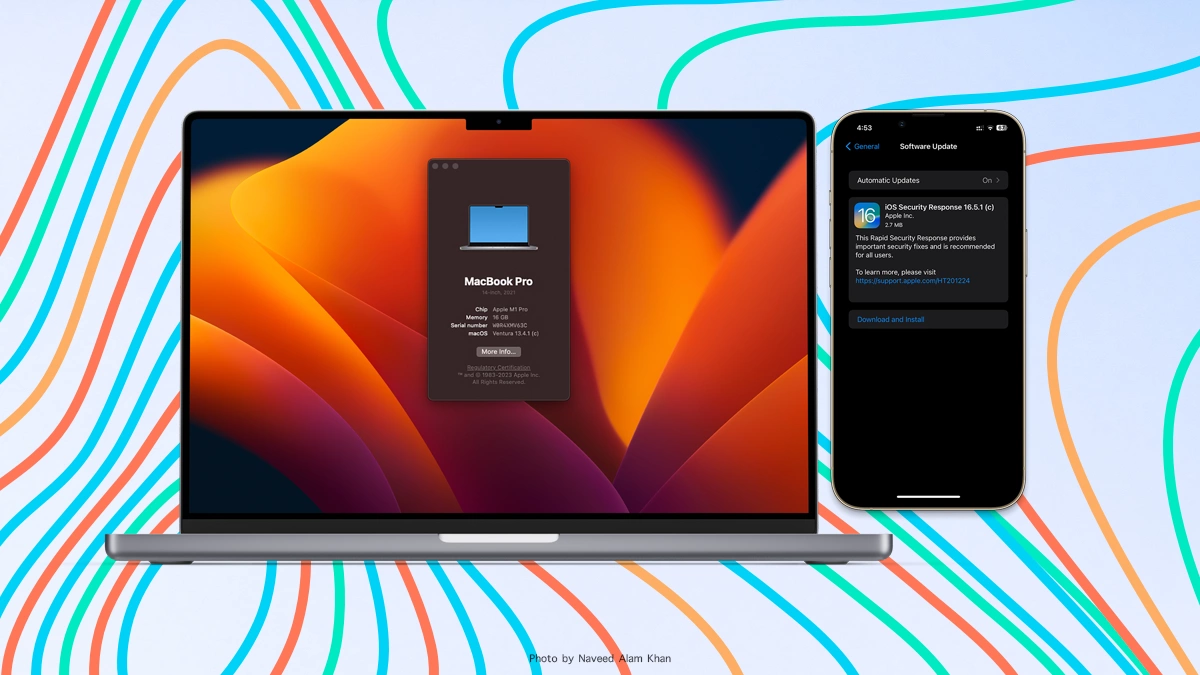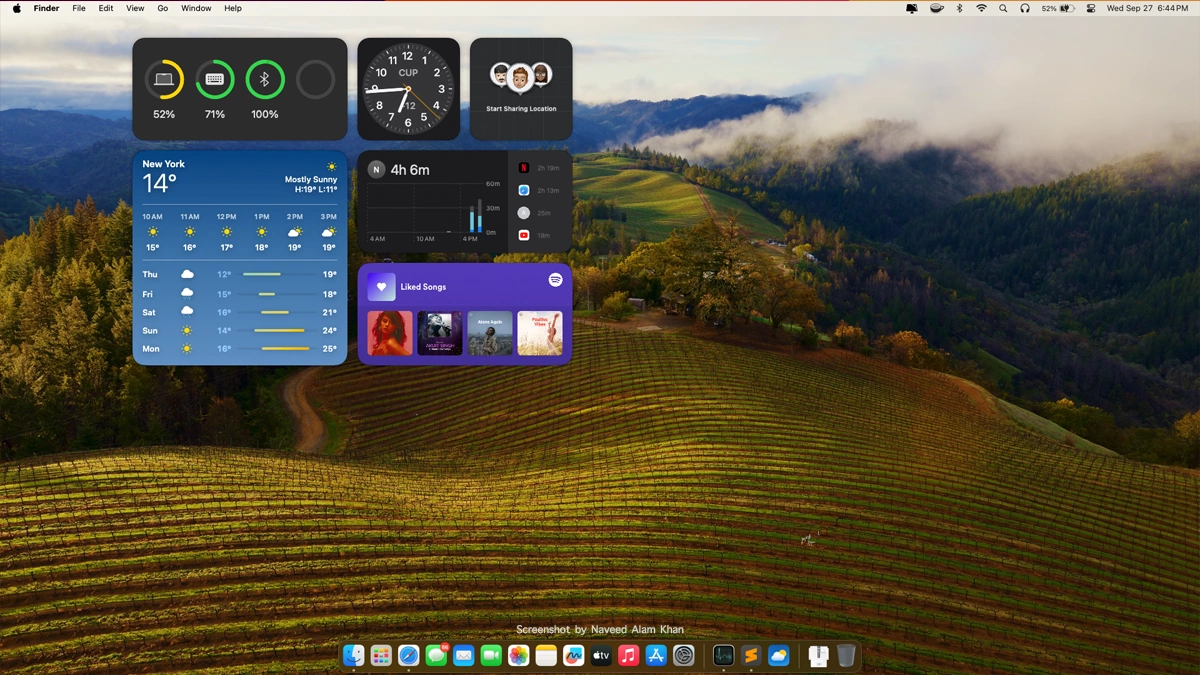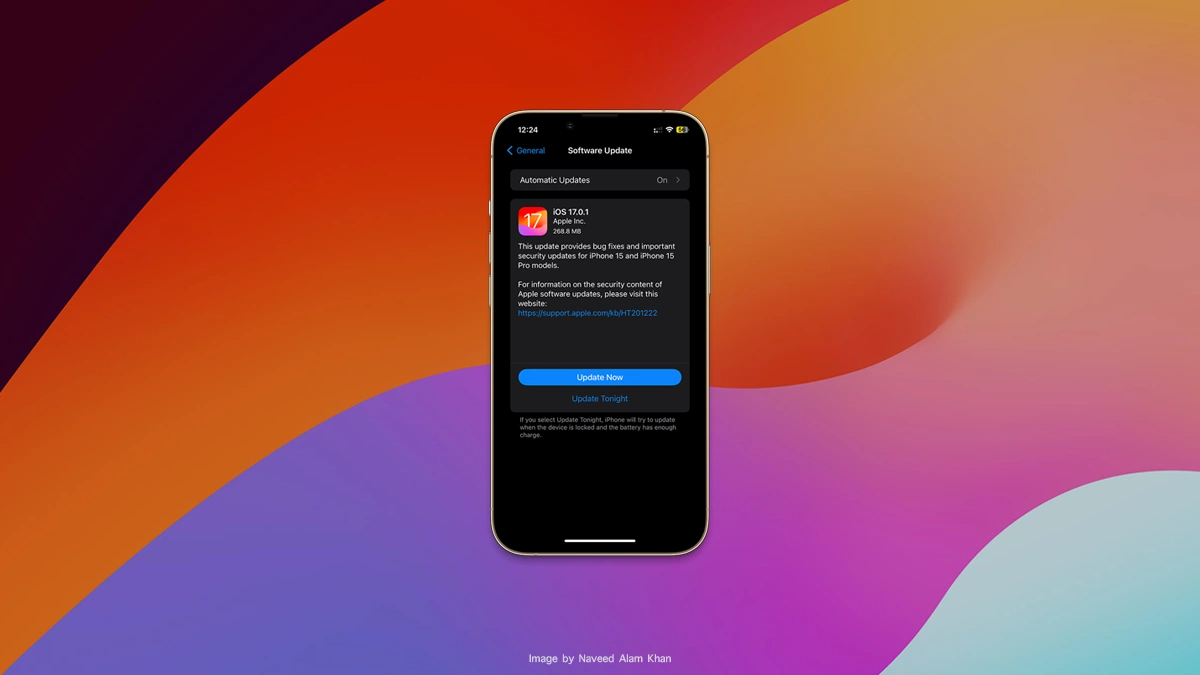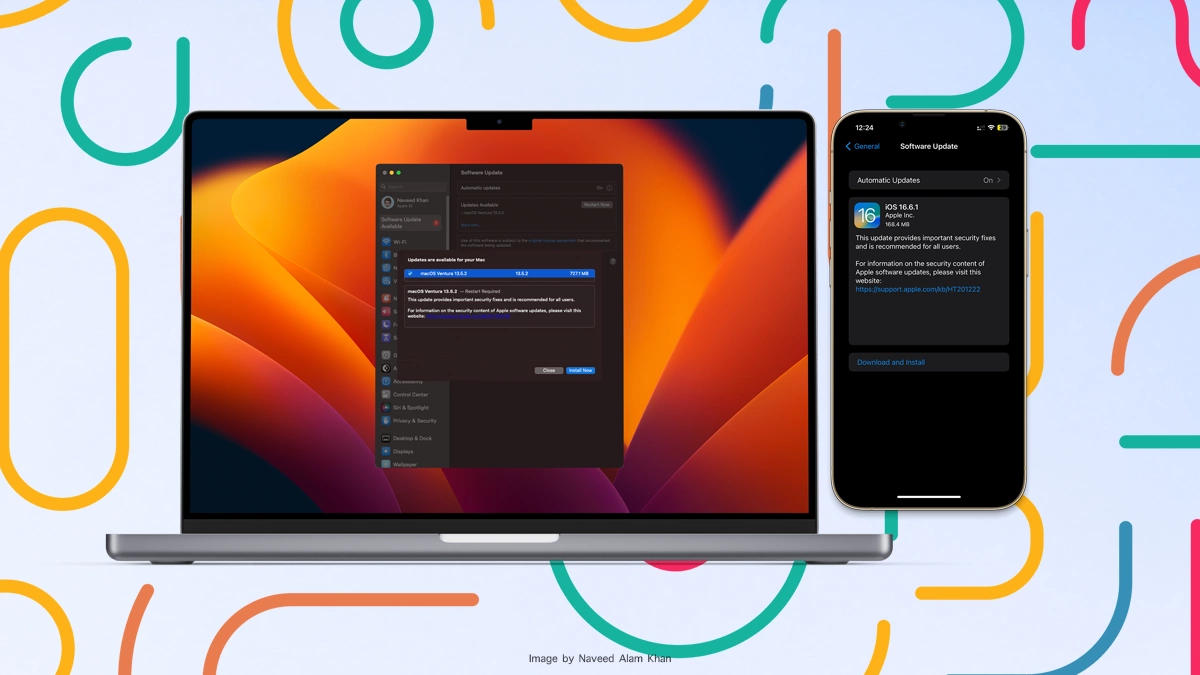Apple has released revised Rapid Security Response updates for iOS 16.5.1, iPadOS 16.5.1, and macOS Ventura 13.4.1 to address a known and actively exploited security issue with Safari.
The first RSR update for iOS 16.5.1 (a) and macOS 13.4.1 (a) was released earlier this week, but they were quickly pulled back after they caused problems with Safari. The updates were named in a way that caused Safari to think they were from a different vendor, leading to the browser blocking some websites. The revised security release now fixes the issue and is available for download.
The RSR updates are designed to provide security fixes without installing a full software update. This is a valuable option for users who need to address security vulnerabilities quickly but don’t want to disrupt their workflow by installing a significant software update.
In addition to fixing the Safari bug, these security updates address an actively exploited WebKit vulnerability. This vulnerability could be used by attackers to take control of a user’s device.
Installing the latest Rapid Security Response update as soon as possible is vital to protect your device from these security risks.
Rapid Security Response macOS Ventura 13.4.1 (c), iOS 16.5.1 (c), and iPadOS 16.5.1 (c) include the security content of Rapid Security Response (a) and fixes an issue that prevents some websites from displaying correctly.
Apple Support for HT213825 and iOS Devices
About Rapid Security Response Updates
Apple Rapid Security Response is a software update introduced with iOS 16 and macOS Ventura. It is designed to provide security fixes without the need to install an extensive software update. Instead of waiting to release a newer version every month, the company will issue the patch whenever necessary.
This update is typically released to address security vulnerabilities that attackers are actively exploiting. They are delivered through the standard Software Update mechanism in the Settings app and can be uninstalled if necessary.
How to Install the iOS 16.5.1 (c) and macOS 13.4.1 (c) Updates
To install the latest RSR, follow these steps:
- Go to Settings > General > Software Update on your iPhone, iPad, or Mac.
- If the RSR updates are available, you’ll see them listed under “Available Updates.”
- Tap on “Download and Install” to install the updates.
The updates will be downloaded and installed in the background. Once the updates are installed, your device will need a reboot to apply the patch.
Apple has released revised Rapid Security Response updates to address a known and actively exploited security issue with Safari. The updates are available for download on iPad, iPhone, and Mac. It is essential to install this new patch as soon as possible to protect your device from these security risks.









As a participant in the Amazon Associates Program and other affiliate partnerships, we are provided with affiliate marketing opportunities to help support our content creation efforts, read our Disclosure statement.